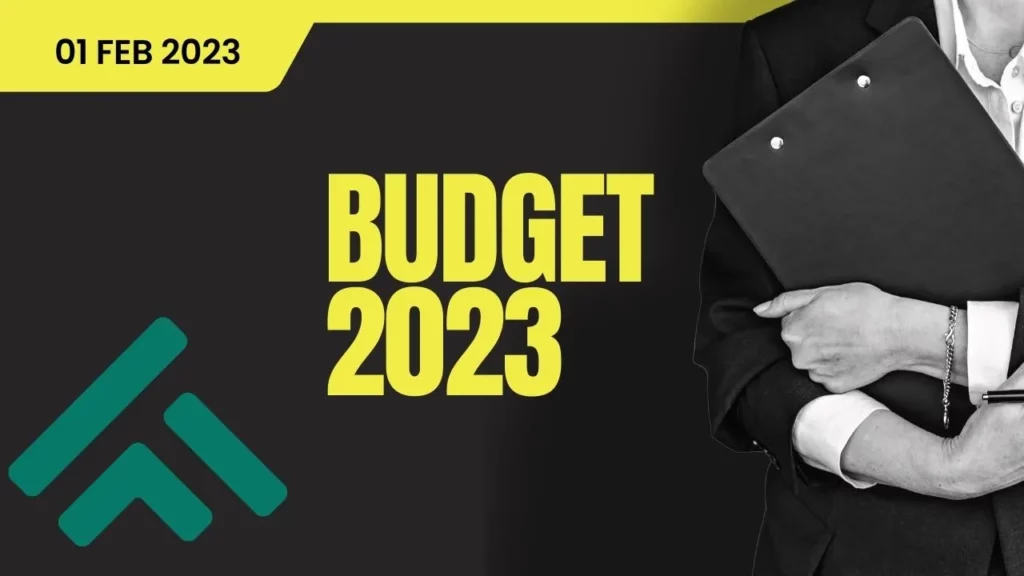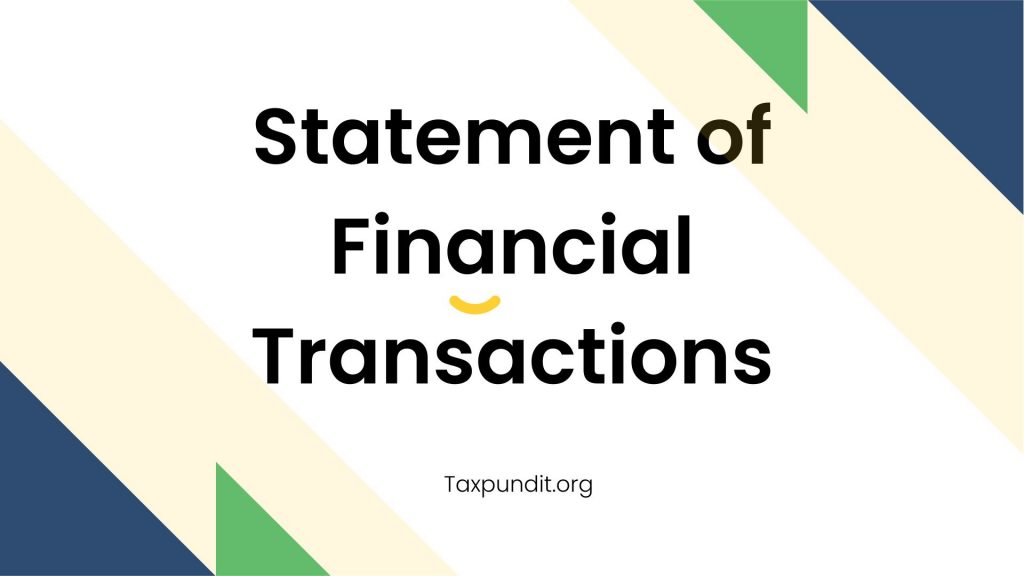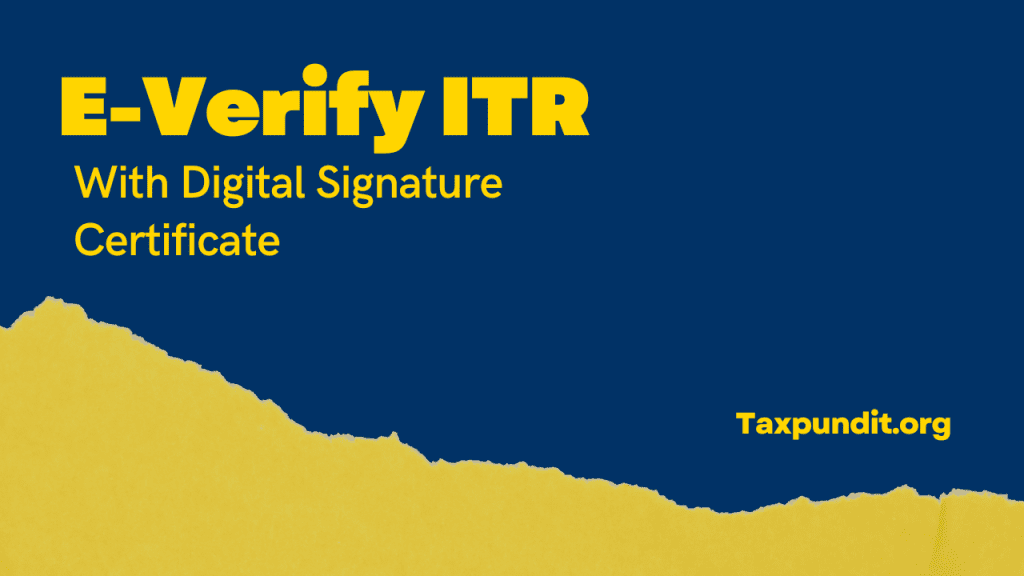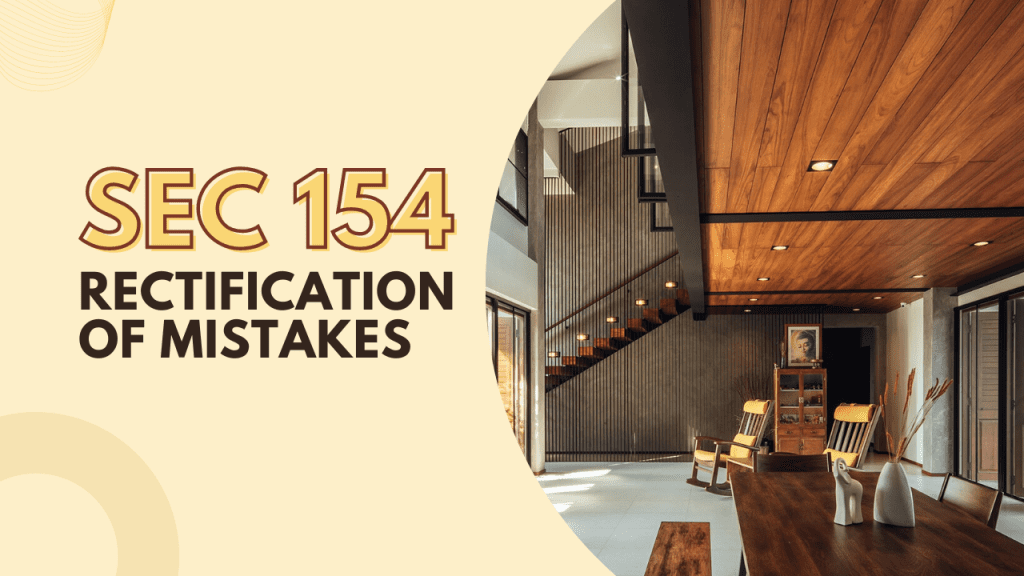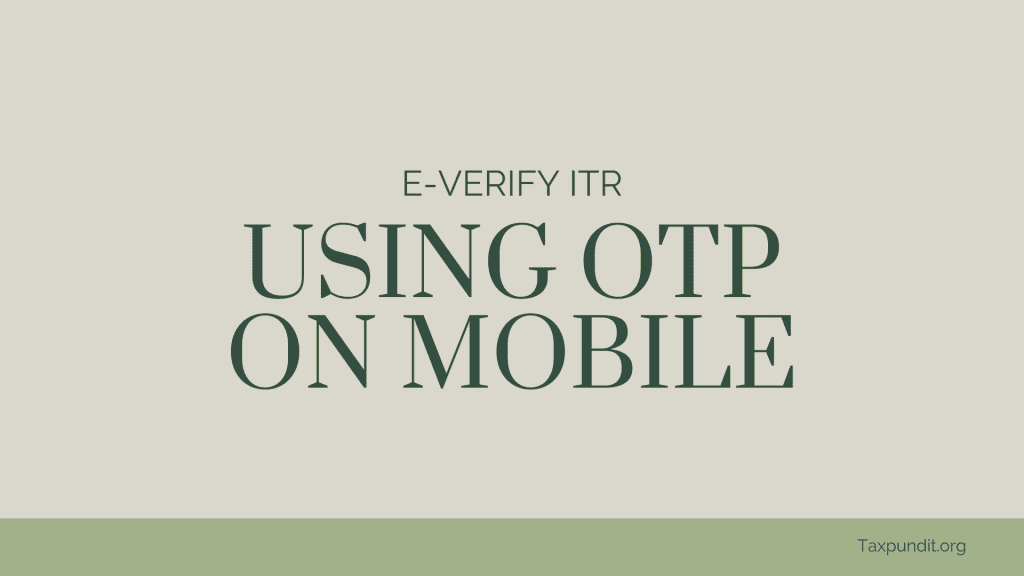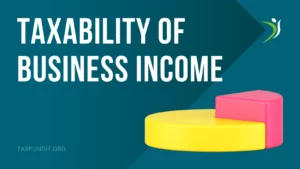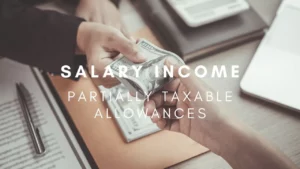India’s Union Budget 2023 was presented by the Finance Minister on 1st February 2023. The budget focuses on boosting infrastructure, healthcare, education, and agriculture. Overall, the budget aims to create a self-reliant India and provide a boost to the country’s economic growth.
Key Highlights and Amendments in Budget 2023
- The new tax regime for Individual and HUF, introduced by the Finance Act 2020, is now proposed to be the default regime.
- This regime would also become the default regime for AOP (other than co-operative), BOI and AJP.
- Any individual, HUF, AOP (other than co-operative), BOI or AJP not willing to be taxed under this new regime can opt to be taxed under the old regime. For those person having income under the head “profit and gains of business or profession” and having opted for old regime can revoke that option only once and after that they will continue to be taxed under the new regime. For those not having income under the head “profit and gains of business or profession”, option for old regime may be exercised in each year.
- Substantial relief is proposed under the new regime with new slabs and tax rates as under:
New Tax Rates for FY 2023-24 (AY 2023-24)
| Total Income | Rate |
|---|---|
| Upto 3,00,000 | Nil |
| From 3,00,001 to 6,00,000 | 5% |
| From 6,00,001 to 9,00,000 | 10% |
| From 9,00,001 to 12,00,000 | 15% |
| From 12,00,001 to 15,00,000 | 20% |
| Above 15,00,000 | 30% |
- Resident individual with total income up to Rs. 5,00,000 do not pay any tax due to rebate under both old and new regime. It is proposed to increase the rebate for the resident individual under the new regime so that they do not pay tax if their total income is up to Rs. 7,00,000.
- Standard deduction of Rs. 50,000 to salaried individual, and deduction from family pension up to Rs. 15,000, is currently allowed only under the old regime. It is proposed to allow these two deductions under the new regime also.
- Surcharge on income-tax under both old regime and new regime is 10 per cent if income is above Rs. 50 lakh and up to Rs. 1 crore, 15 per cent if income is above Rs. 1 crore and up to Rs. 2 crore, 25 per cent if income is above Rs. 2 crore and up to Rs. 5 crore, and 37 per cent if income is above Rs. 5 crore. It is proposed that the for those individuals, HUF, AOP (other than co-operative), BOI and AJP under the new regime, surcharge would be same except that the surcharge rate of 37 per cent will not apply. Highest surcharge shall be 25 per cent for income above
Rs. 2 crore. This would reduce the maximum rate from about 42.7 per cent to about 39 per cent. No change in surcharge is proposed for those who opt to be under the old regime. - Encashment of earned leave up to 10 months of average salary, at the time of retirement in case of an employee (other than an employee of the Central Government or State Government), is exempt under sub-clause (ii) of clause (10AA) of section 10 of the Income-tax Act to the extent notified. The maximum amount which can be exempted is Rs. 3 lakh at present. It is proposed to issue notification to extend this limit to Rs. 25 lakh.
Frequently Asked Questions (FAQ)
Rebate is proposed to increase the rebate for the resident individual under the new regime so that they do not pay tax if their total income is up to Rs. 7,00,000.
Standard deduction of Rs. 50,000 to salaried individual, and deduction from family pension up to Rs. 15,000, is currently allowed only under the old regime.
It is proposed to allow these two deductions under the new regime also.
Highest surcharge shall be 25 per cent for income above
Rs. 2 crore.
Watch our Video on 10 Reasons you may get Income Tax Notice
About Taxpundit Team
Our team consists of highly qualified, experienced and knowledgeable industry professionals that are passionate and dedicated to our clients. We provide the best possible service to our clients in a timely and effective manner, whilst always adhering to the highest levels of quality.

